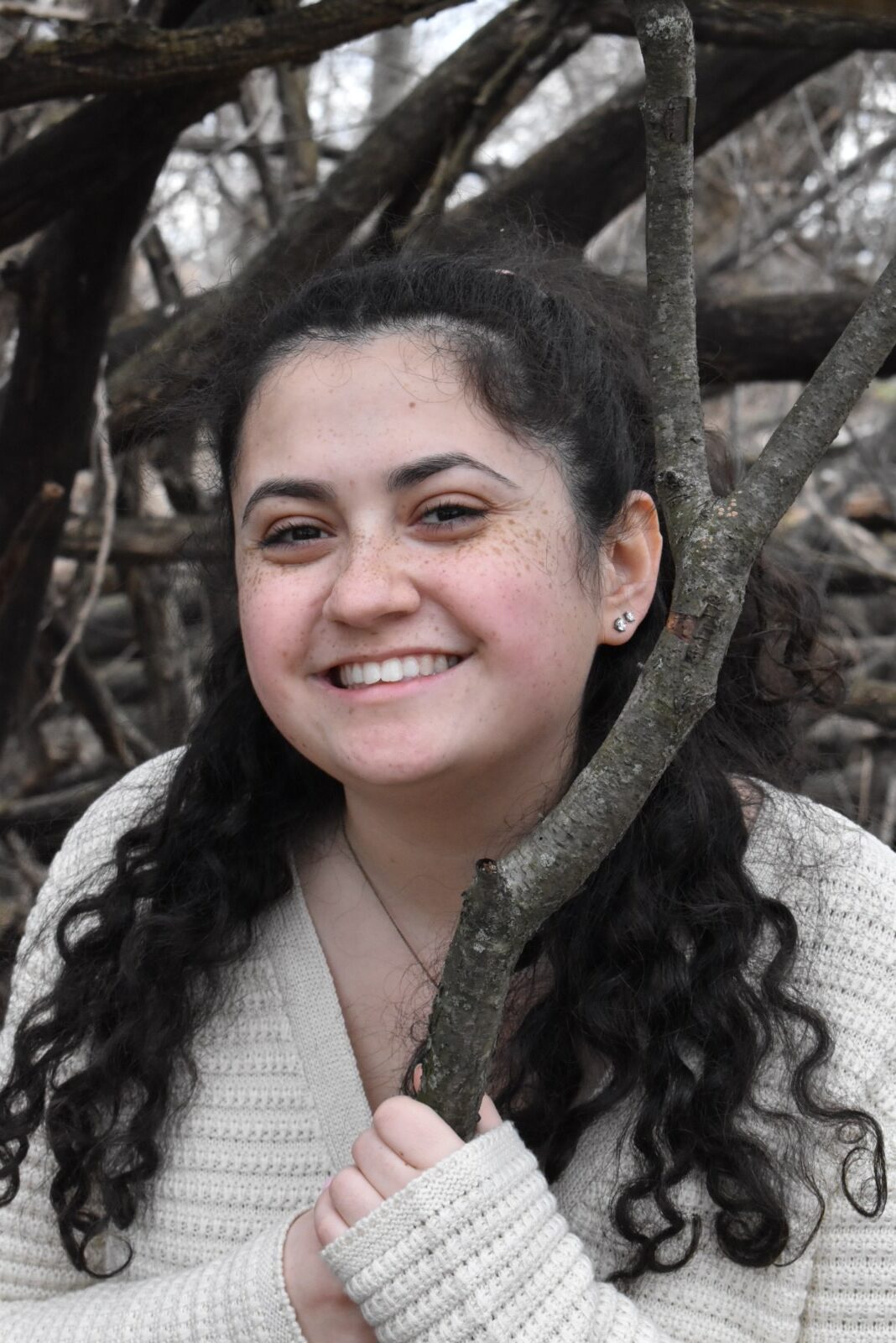In New York City, pollution from things like construction, illegal dumping, and car exhaust have varying medical and quality-of-life impacts on residents. The same is true for all types of pollution all over the world.
Thankfully, there are researchers at institutions around the globe studying the ways that pollution impacts humans, how to reduce pollution, and ways to protect people from these impacts. Dr. Prash Naidu is one of these researchers. He was recently appointed on Aug. 25 as a faculty member at City College in the Department of Anthropology and Interdisciplinary Programs.

Photo: Courtesy of Prash Naidu.
He is also in the early process of building an environmental health and environmental justice lab, housed in the Spielman Social Sciences Research Lab, NAC 7/304. He envisions this lab to be part of community efforts in Harlem to dismantle environmental racism and serves to mentor undergraduate and graduate students for careers in social science-environmental health science collaborations.
Naidu studies pollution from an environmental anthropological lens, meaning he studies people as much as pollution and the environment itself. His work focuses on the ways pollution impacts people and how people in turn try to mitigate pollution.
“I bring together environmental and medical anthropology into questions around pollution and how people come to experience pollution, how people come to sense pollution, pollution’s impacts on a variety of individuals across race, class, and gender, and the kinds of political action that people engage in while combating pollution from a variety of sources,” he said in an interview.
This semester, Naidu will be teaching ANTH 25500, or Anthropology of Health and Healing. This course is an “introduction to everything related to the human experience of health,” teaching students about the ways humans perceive sickness and healing and how they interact with the biomedical healthcare system.
He will also be continuing his research, which originated in Southeast Asia’s, Timor-Leste, also known as East Timor, before turning to southwest Philadelphia and, now, east Harlem.
For 10 years, Naidu lived and worked in southwest Timor-Leste, documenting the ways coastal residents experienced infrastructure development and industrial pollution. There, construction and drilling have polluted the air, drinking water, and food that people need for daily life. He was able to document these forms of pollution through mapping techniques, air-quality monitors, and ethnographic methods.

Example of an air quality monitor. Photo: Courtesy of Prash Naidu.
From that work, Naidu expanded northward in the region to look at pollution from the sand mining and extraction industries. The air pollution from sand mining can cause chronic respiratory illnesses for both the miners and their families. While sand mining might not be familiar to New Yorkers, it’s a big industry in other parts of the world, from where sand is exported to be used in construction, smartphone building, technological engineering, and more.
In fact, some of Naidu’s future work relates to sand mining. This upcoming project will zoom out of Timor-Leste to look at sand minding in Southeast Asia more broadly, examine the global sand trade, and study its health impacts on people.
Following his time in Asia, Naidu lived in Philadelphia for four years, examining air pollution and its effects on Black and Brown communities.
Naidu first became interested in environmental and medical anthropology through enjoying communicating and working with people, which is at the heart of his field.
“So much of anthropology, at large and in my area in environmental and medical anthropology, is being with people and experiencing and witnessing life and its joys and challenges with and alongside people,” he said. “My entryway into it was really being with people and listening to people and understanding what is it that they’re experiencing and thinking along with them about what are some priorities that are important to them?”
Prior to joining the CCNY family, Naidu was a full-time professor at Arcadia University in Greater Philadelphia for four years. He started there immediately after earning his Ph.D. in sociocultural anthropology from the University of Michigan-Ann Arbor.
City is an institution with a mission he can stand behind that would allow him to continue his research, and teach from his expertise, he said.
“When I saw the position, I thought, ‘Oh, this could be a great fit,’” Naidu said. “Not just for their research but also in terms of the mission of educating, teaching and at the same time learning with and doing research with students who are more representative of the demographics of the United States. It’s really about finding opportunities in a position that can enhance my research programs and at the same time also be a really good fit in terms of the mission of the university, things which matter to me a lot, especially the lifelong value of public education.”

Amanda is a student at the CUNY Graduate School of Journalism, where she’s studying health & science reporting and broadcast journalism. She graduated from Baruch College in May 2022, where she double majored in journalism & creative writing and political science and double minored in environmental sustainability and communication studies. She has been published in City & State, BORO Magazine, Bklyner, The Canarsie Courier, the New York City News Service, PoliticsNY, Gotham Gazette, Bushwick Daily, DCReport, News-O-Matic, The Queens Daily Eagle, Tower Times, The Ticker, and Dollars & Sense Magazine.